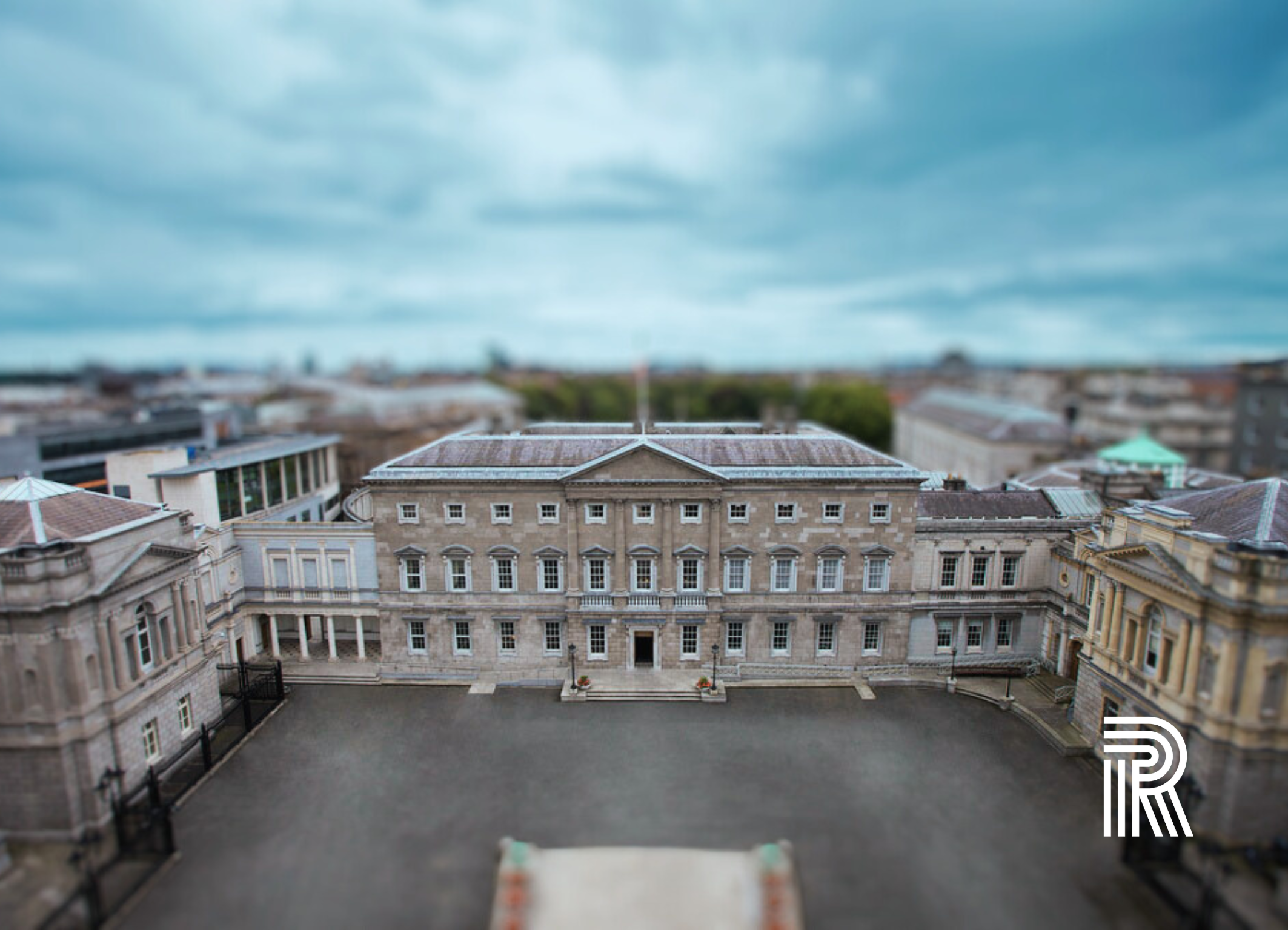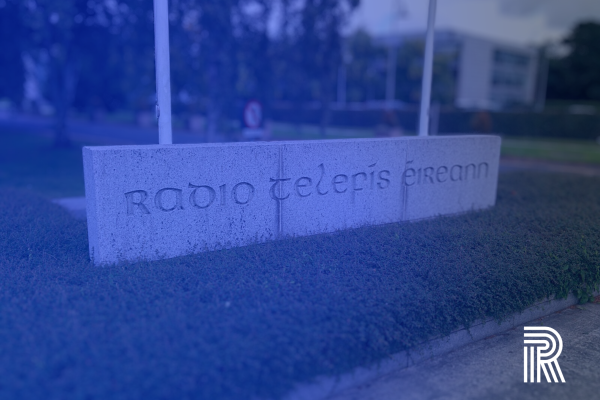
Oireachtas Committee Hearings - Protecting Your Reputation
Oireachtas committees aren’t supposed to be box office.
An important and functional part of Ireland’s political system, they work as fact-finding platforms and, when operating well, can be a constructive and effective in the gathering of insights to aid the legislative process and ensure accountability in the public interest.
At Reputation Inc we work with many organisations and their leaders as they put their organisational and personal reputation on the line in legislative committee hearings. They occasionally capture the public attention but have never been in the spotlight as they have in recent weeks so much so that pubs around Ireland are planning to screen Oireachtas Committee hearings this week.
I know from being in Committee Room 1 that last hosted RTÉ’s representatives, the actual experience can be very different from what comes across on the online broadcast, news bulletins and your social media feed. The room itself is buried deep below the surface of the Oireachtas complex and can take some time to reach - once you manage to get through the thorough registration and security checks.
One of the first things first time ‘witnesses’ will realise, is that members of the committee are constantly coming and going throughout the session. This isn’t as apparent when viewed on screen, but it can be disruptive for those participants who are fixed in their seats.
More detail can get covered in the print media, but from a broadcast or social media perspective, it’s often the performance, emotion or, as to borrow from last week, the ‘flip-flops’ that makes the cut and breaks through.
Politicians are acutely aware of this, and some will predictably adapt their approach accordingly.
The other element that those who have been through the experience know all too well, is just how long the engagement can run for. While a lot of committee members and media reporters are coming and going, the witnesses must remain present throughout. For some in RTÉ, this amounts to over 12 hours in the chair facing the committee during this specific series of appearances. All that time dealing with complex details, probing questions of different degrees, then sometimes challenging accusations being made under the protection of privilege.
Asides from comprehensive preparation and the communications approach, the only part of the process for those appearing that is within their complete control is the opening statement.
This is the key platform to lay down a strong anchor position and attempt to control the narrative and shape the questions from that point forward. It’s also important to anticipate that the opening statement, as we’ve seen in recent days, will also become an initial focal point for media. In that context, the detail and delivery need to be considered carefully.
So, what are the lessons from the recent RTÉ appearances over the past two weeks for other organisations or individuals that accept an invitation to appear before a committee.
Be clear about the reputation you wish to build or maintain throughout your engagement. Different people/personalities and organisations will have different reputation ambitions.
As far as possible, be fully familiar with all the key facts.
Tell the Committee what you know and as importantly what you don’t know – frankness is a strength.
If you are part of a group, that dynamic will be as important as individual performances. Every group should be clear on roles and responsibilities with a designated leader.
Know your audience beyond and within the committee room and anticipate the range of approaches from different sides of the floor.
Sometime the most basic questions are the ones that trip people up, so be diligent with the detail throughout.
Avoid surprises in the Q&A as much as possible by addressing the burning issues in the opening statement.
Supplement the opening statement from the start if events evolve or new information emerges overnight.
If arriving into a particular media frenzy, consider your entrance at the gates of Leinster House.
What’s important to always realise is that these hours of statements, questions and answers will inevitably be distilled into just a few short quotes or clips by the media and fodder for social media. It’s a challenge I constantly faced myself for many years as a current affairs producer, attempting to capture the main news-lines, or most compelling content, from long hours of questioning - reduced down to a limited number of seconds. You must stay alert and on message throughout.
While Oireachtas committees would have been mostly the privy of public or semi-State agencies in the past, times have changed with companies and private organisations now increasingly invited to engage in these rooms beneath the main chambers of Leinster House. Not all appearances will be as high profile as the ones we’ll see this week, but a clear set of principles can go a long way to ensuring reputations are protected and you avoid any missteps.



